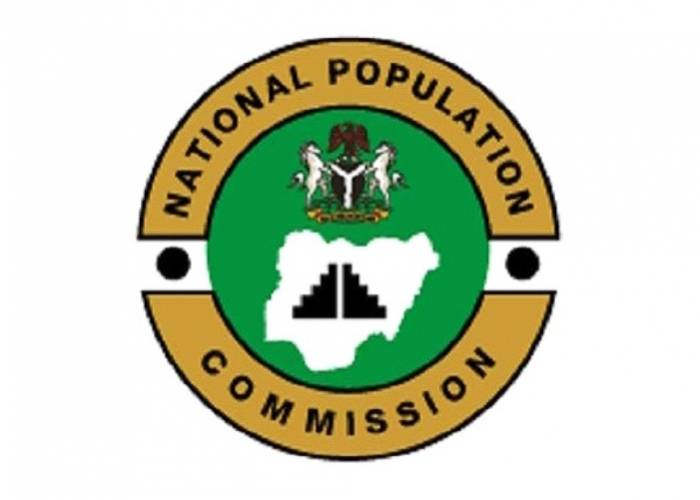By Rita Esegine
The Revised National Policy on Population for Sustainable Development, recently launched by President Muhammadu Buhari, is expected to gradually reduce the rate of mortality to zero percent and equally reduce Nigeria’s population growth to 2 percent by 2030 the National Population Commission (NPC) has said.
In a presentation at a workshop organised for journalists in collaboration with the Africa Budget Network (AHBN) in Abuja, Chairman NPC, Nasir Kwarra who solicited the support of the media, noted that a well organised and sustained engagement with the media was key to informing, educating and enlighteningt the public with quality and targeted family planning messages.
While stating that funds for implementation of the Policy would be mobilised from state and non state actors, Kwarra urged the media to always follow the money to ensure adequate finances were provided for critical areas such as health, education, social welfare, family lanning or management commodities, as well as monies for media campaign and advocates.
He said: “The key targets are centered on reducing the rate of population growth through fertility and mortality decline to fast track Demographic transition; to achieve a reduction of the National annual population growth rate to 2 percent by year 2030, achieve reduction in the total fertility rate from the current 5.3 to 4.0 by 2030,
“Reduce the under 5 mortality rate from the current 132 to 40 per 1000 live birth by 2030, reduce maternal mortality ratio from the current 512 to 70 deaths per 100,000 live births by 2025 and zero maternal deaths by 2030, to reduce gender based violence and harmful practices against women and girls from the current 46 percent to 22 percent in 2025 and to zero percent by 2030, reduce rural to urban migration by 5 percent yearly.”
National Cordinator AHBN, Dr. Aminu Magashi who urged President Muhammadu Buhari to increase the budgetary allocation to family planning to help bridge the widening FP funding gap, also called for the integration of the Minister of Finance into the population policy and activities of the NPC, to understand what and where the issues were.
“This is a huge task that the media need to be on the table to promote the policy, we need to improve our access to family planning services, we need to reduce our migration from rural to urban area, we need to support information ministry and Minister of Finance to work on the table with the Commission.
“I am very optimistic and very hopeful. It’s a long journey, a lot of funding is needed. We need to ensure multi sectoral and a multi stakeholder coordination, but the NGOs like us will be around to support the commission throughout the journey to 2030.
Director, Population Management and Development Department, NPC, Margaret Edison who stressed the need of reducing the dependency ratio in the controlled by controlled and fewer births, maintained that the Policy has capacity to ensure decent jobs and an improved standard of living for all Nigerians.
“By implementing this policy, we are looking ahead to have a quality population, a population that will drive the development agenda of Nigeria, the kind of quality population that would change the narrative about Nigeria, a quality population where we have a working group.”
End.






























